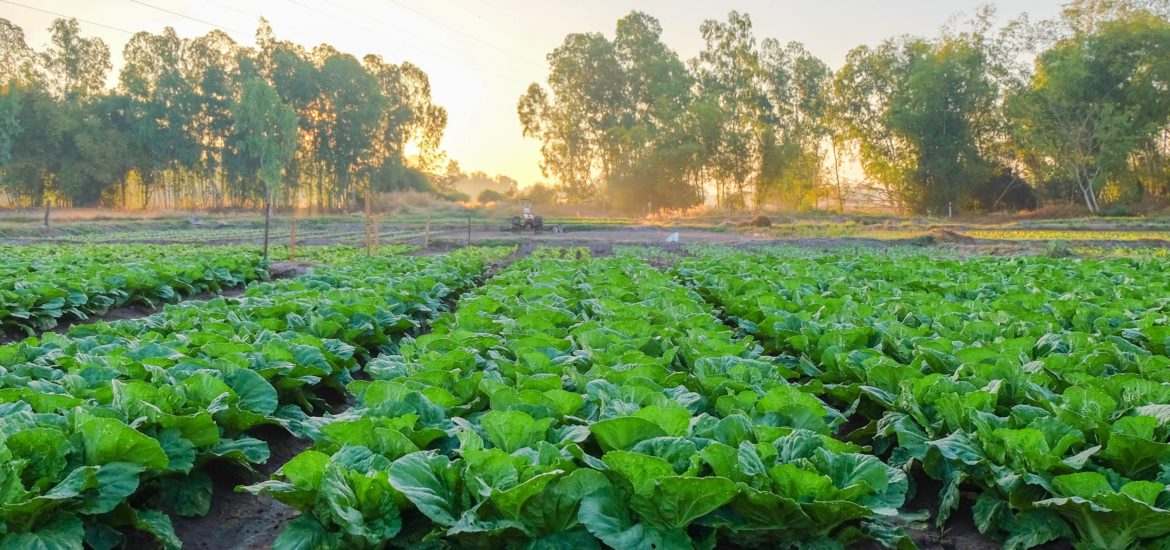When the United Nations adopted its 17 Sustainable Development Goals (SDGs) in 2015, one of the biggest changes from what had come before was that for the first time, businesses became key stakeholders. This means that different sectors of the economy – and indeed individual businesses within each sector – are being increasingly expected to play a part in building sustainability across a wide variety of target areas. Amongst the 17 goals are such targets as ‘Zero Hunger’, ‘Responsible Consumption and Production’, ‘Life on Land’ and ‘Industry, Innovation and Infrastructure’ – all of which have a direct impact on agriculture and food production. The goals specifically call for the integration of sustainability performance information in standard reporting cycles. The food sector is under closer scrutiny than most when it comes to sustainability, so this new framework for reporting on performance against sustainability challenges is one which cannot be ignored by businesses working within it. In a recent publication by of the University of East Anglia, Professor Andrew Lovett explains that in regions where agriculture is a major part of the economy, many of the most important sustainability challenges ultimately revolve around the use of land. He argues that greater demand for low-carbon sources of energy has implications for land use, and that the challenge is to balance food production, energy generation, provision of wildlife habitats and recreation facilities – and he points out that the UK currently imports 60 per cent by value of its food, and any increased protectionism would inevitably require a shift in land-use priority towards agricultural production. “Managing land use to integrate social and environmental considerations in the long-term is at the heart of attaining sustainability objectives,” he says. “Evaluating options to achieve such integration needs to examine spatial variations and relationships at scales from the local to the global.” Alongside such land-use challenges come the simple fact that feeding the world in the future will itself become a bigger challenge, given that intensive agriculture is one of the biggest contributors to climate change and environmental pollution. As ‘Zero Hunger’ is goal number two in the UN’s Sustainable Development Goals, this dichotomy, and how the food production sector tackles it, is one of the biggest challenges when it comes to making our sector sustainable.
Click here to learn more.
